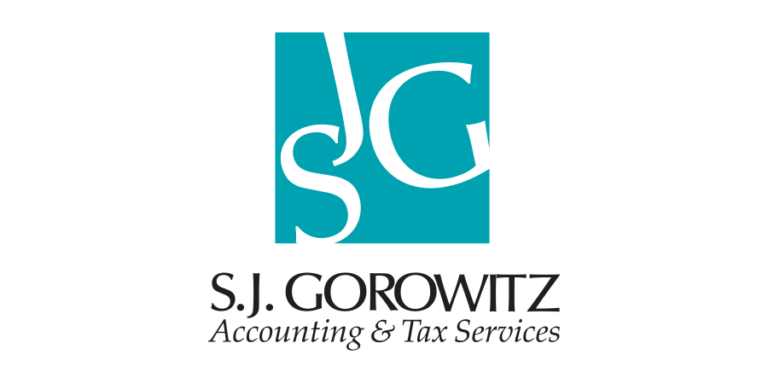By Stacey Gorowitz, CPA, MBA
 Although the IRS officially repealed the onerous expanded information reporting requirements for payments made to corporations, the stakes are higher with enhanced penalties for failing to file 1099s when required. Here’s a brief summary explaining when and to whom you do need to file Form 1099 for 2013:
Although the IRS officially repealed the onerous expanded information reporting requirements for payments made to corporations, the stakes are higher with enhanced penalties for failing to file 1099s when required. Here’s a brief summary explaining when and to whom you do need to file Form 1099 for 2013:
When: 1099s are required to be sent to vendors by January 31, 2014 and the corresponding 1099s and summary form 1096 are required to be sent to the IRS by February 28, 2014.
Who: All individuals and partnerships including certain corporations to whom you’ve paid $600 or more during the year must be issued a 1099. Individuals would include nonemployees (EX: Day laborers or subcontractors), etc.
Additionally, 1099 reporting is also required for:
- Rental payments for office space, as well as equipment and machinery.
- Royalties paid of $10 or more are also included in the 1099 reporting requirement.
There are a few exceptions to the general rule that payments to corporations are exempt from any Form 1099 reporting requirements:
- Any payments made to attorneys in the course of trade or business are required to be reported on a Form 1099 regardless of whether the attorney is incorporated or unincorporated.
Why: Why are these forms required in the first place? The payments made to vendors are a tax-deduction to your business. By issuing 1099s, you not only verify your expenses but also help the IRS track keep track of who received the income and match that to their income tax returns.
If the rule requiring that you file 1099s is not compelling enough to earn your attention, be aware that stiff penalties may be imposed for failure to file the forms as well as failure to furnish them to the recipients of the payments. Although most penalties are around $30-$100 per return, a business can be charged a maximum penalty of $1,500,000 ($500,000 for small businesses).
We recommend that before engaging in business with new vendors, you ask them to complete Form W-9, which can be found on the Internal Revenue Service (IRS) website at www.irs.gov. This will ensure that you have the necessary information to complete and submit 1099s that meet the IRS requirements.
Beware!! Do NOT include amounts paid to vendors via credit card in the totals reported on 1009s. The credit card companies will already be reporting this income to vendors.
One final reminder: Remember, this is a requirement that applies to businesses. If you make these or similar payments as an individual, not a business, you aren’t required to issue a 1099.
And if you’re still unsure how or when you must prepare and file 1099s, our office is here to help you sort it all out and stay on the right side of the law. Happy 2014!

























